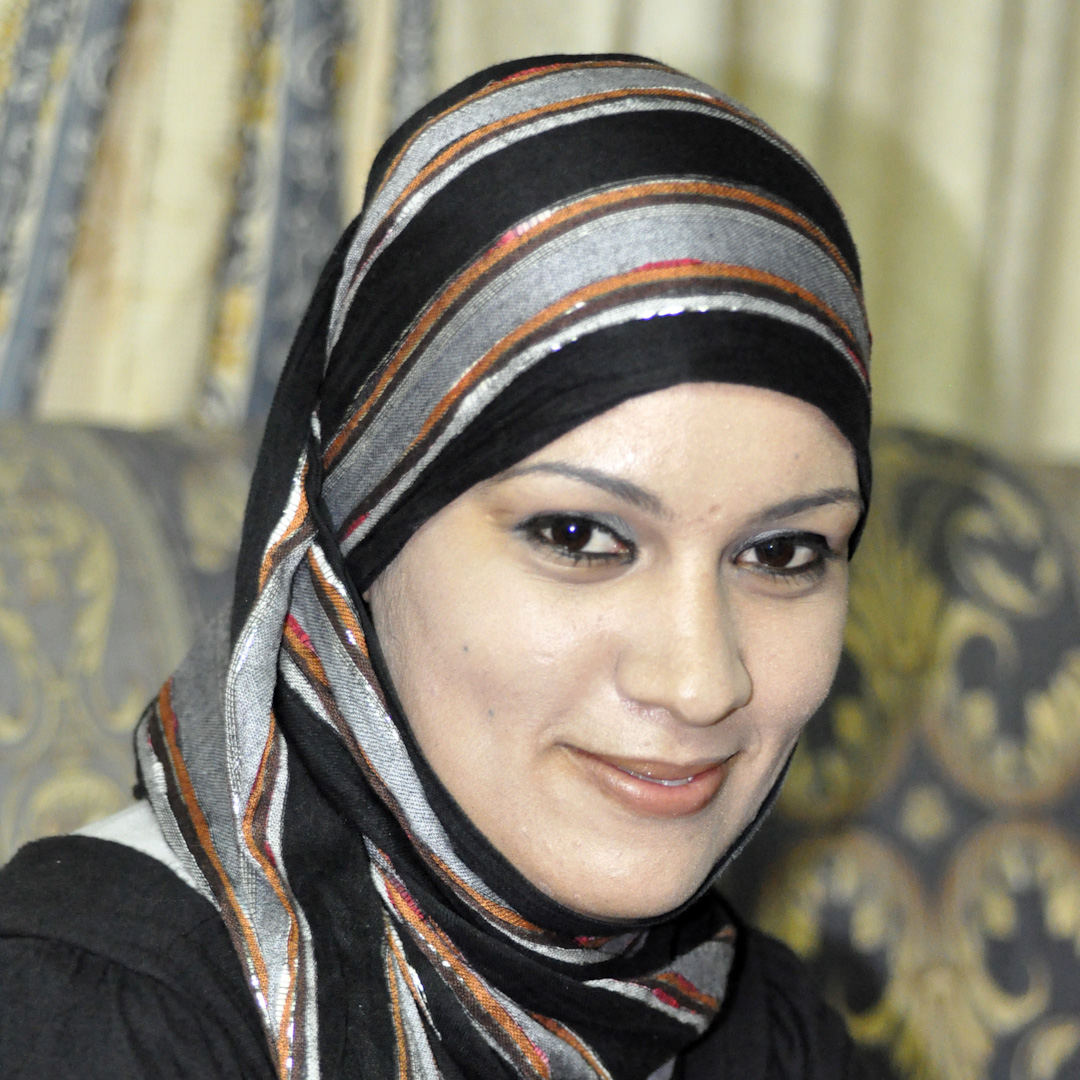Photography by Dubi Roman
Oren Kalisman, 30, is a physics student at Tel Aviv University. During his time in the Israeli army he was a lieutenant and platoon commander.
I grew up in a village close to Galilee. We lived surrounded by Arabs, but we had no connection to them. We didn’t hate them, we just ignored them. The only time I met an Arab was when my mother gave a lift to an old man who was hitchhiking to the next village. It was an unusual thing then for an Israeli woman to do something so humanistic. She didn’t see him as an Arab or a Jew – just as an old man who needed help.
Like my brothers and my parents, I went into the army aged 18. I joined a special unit in the paratroopers, and after two years became an officer. By the start of the Second Intifada I was called to the West Bank, around Nablus, and put in charge of 20 soldiers. It was a very intense period and every night we’d go out on operations, most of the time for arrests. Most of the arrests went ‘smoothly’ without any trouble.
It wasn’t long before I started feeling I didn’t want to be there. On one level I could justify the arrests, as these Palestinians might be planning attacks. But I kept thinking about their families and how they must be suffering too.
In one ambush we moved an armed vehicle close to a refugee camp and waited with snipers for people to come and throw stones and Molotovs at us. We were baiting them so that we could take them out. If someone is throwing Molotovs at you, by the rules of engagement it’s OK to shoot them. Soldiers are trained for action, so my men were very enthusiastic about this type of operation. But for me it was a moral issue – were we encouraging Palestinians to throw stones so that we could kill them?
Then, in February 2002, came a bigger turning point for me. There was an attack on an Israeli army point near Ramallah, in which an armed Palestinian shot dead six soldiers. It was a huge shock to the all-powerful Israeli army: he not only killed six soldiers, but he got away unharmed. As a result, 24 hours later we received a very unique command – to ‘liquidate’ all police officers at a series of Palestinian checkpoints in the West Bank. The word ‘revenge’ was never used, but it was clear to us that we were avenging the soldiers’ deaths. The hard part for me was realising that our army was acting out of revenge, and I’m sorry to say that as a result 15 armed Palestinian policemen were killed. In our unit we called the operation a ‘terror attack’. In another unit they went further and called it a ‘massacre’.
The official army response was that these policemen were terrorists – but I don’t believe any of that because there was no attempt to arrest these men. Later I spoke out about this with Breaking the Silence – a group of former soldiers critical of methods used by the army in the occupied territories. My account was subsequently published in an Israeli newspaper.
In April 2002, during Passover, there was a massive terrorist attack in Netanya where 30 people were killed and 140 injured. The very next day I was called back from home to take part in a counterattack. We were told to capture every town in the West Bank.
My unit occupied Nablus where the situation was tense and claustrophobic. The streets were too dangerous to operate in, so we took over the houses. One day, in a house I had occupied, I heard a shot from the next room. It was one of my soldiers shooting from a window at a Palestinian man who was trying to move a body from the street. Our rules of engagement said we should only shoot at people carrying weapons, but he told me the commander of my company had ordered him to shoot. This was the first time I found myself taking a clear position. I told him firmly that I didn’t care what he’d been told, but that he was never to shoot at someone carrying a body again.
For me this was another turning point and another step towards realising I no longer believed in what I was doing. At the end of the operation I asked my commanders to find a replacement for me.
These days the most difficult thing is trying to explain to Israelis how and why my transformation took place. I am seen as a traitor by many, although my family and close friends accept my position. I’m not looking for forgiveness, but for understanding. I can’t forgive someone who wants to kill Israelis with a suicide bomb, and I don’t expect the families of the policemen to forgive me. However, honest dialogue is important because through that comes understanding. This is what happened in Combatants for Peace: I met people who had wanted to kill me several years before, and vice versa.
The healing part of the story for me has been starting a new Combatants for Peace group in Nablus. I went back recently to the city of Nablus, walking freely, speaking Hebrew, no longer afraid. It was an incredible feeling. The last time I’d been there I was a soldier in an army vehicle making arrests.




